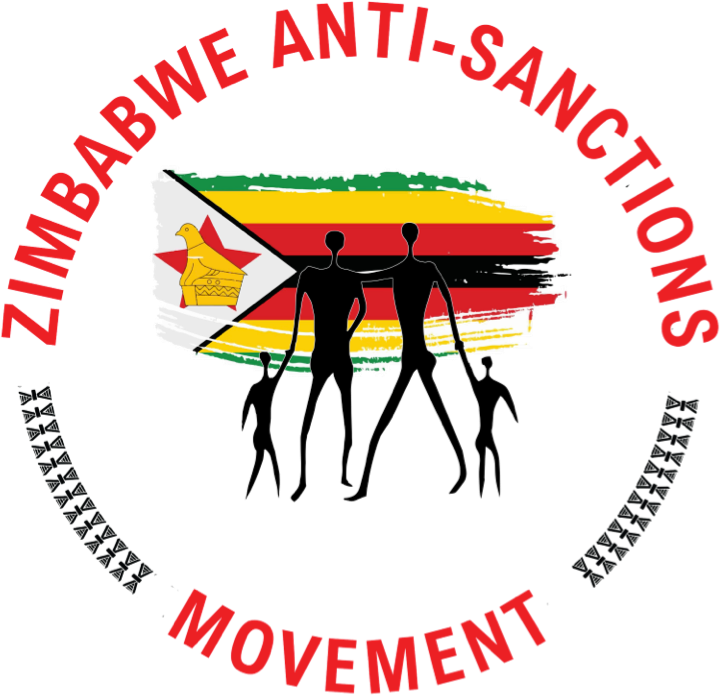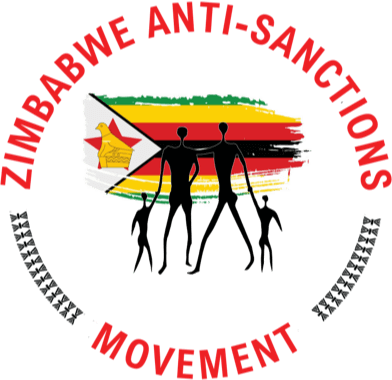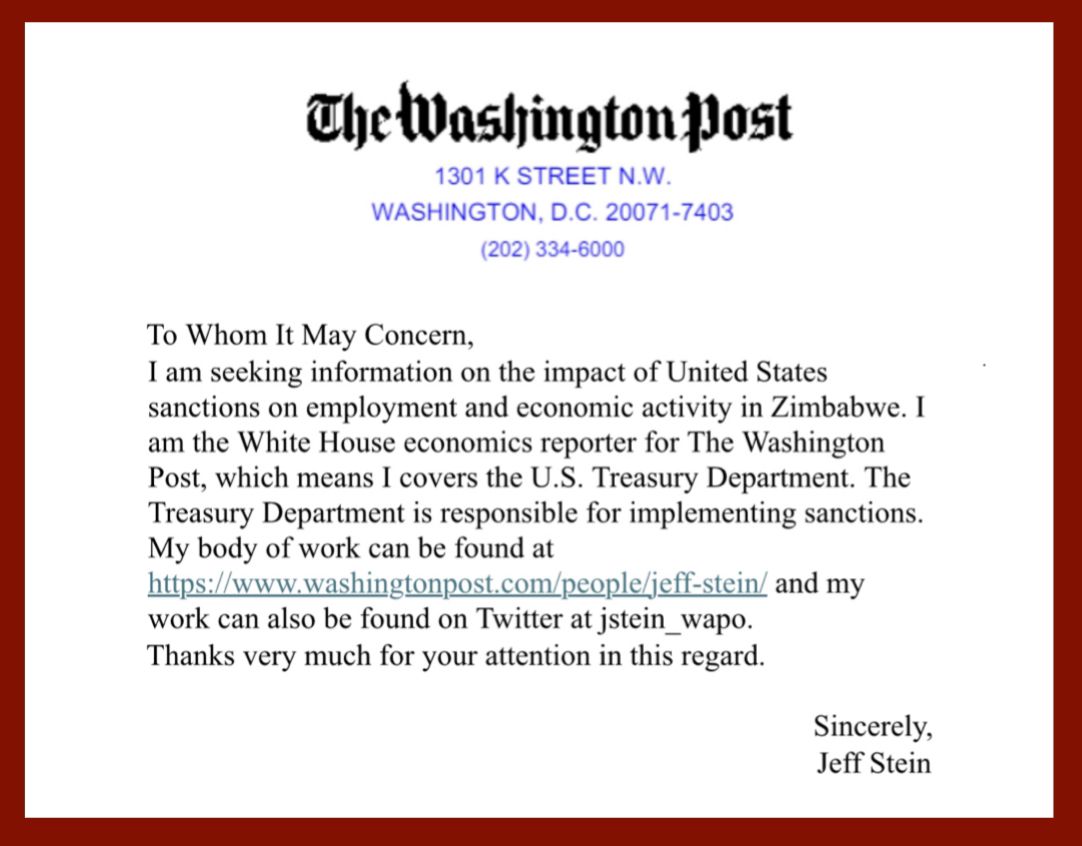 On March 4, 2021, the U.S. government was compelled to lift its executive order sanctions on the government of Zimbabwe, local municipalities, parastatals, private companies, banks providing critical services to 16 million civilians, politicians, and the civilians themselves.
On March 4, 2021, the U.S. government was compelled to lift its executive order sanctions on the government of Zimbabwe, local municipalities, parastatals, private companies, banks providing critical services to 16 million civilians, politicians, and the civilians themselves.
The reason for the removal of these sanctions was a multi-pronged approach crafted by ZUAUWS/ZASM and presented to the government. This approach included the utilization of international law, human rights law, multilateralism (engaging the UN, SADC, and AU), pressure from regional neighbors, luring the South African government to lead the condemnation of sanctions and co-opting international lawyers and humanitarian pressure groups to join the fight.
Crucial to this strategy was ZASM’s legal case against U.S. sanctions in South Africa, which exposed the sanctions as persecution of civilians (a crime against humanity) that our government could take to the International Court of Justice. This case, along with engagements with senior government officials in South Africa, played a pivotal role in convincing them to lead the fight for the removal of these punitive measures against Zimbabweans.
Integral to this strategy was also persuading the South African government to denounce and cease recognizing the western puppet opposition in Zimbabwe (CCC), which called for the illegal persecution of Zimbabweans.
The fact that U.S. sanctions violated human rights was corroborated by the U.S. Congress Sub-committee on Human Rights, Health, and Organization, which conducted an impact assessment of U.S. sanctions on human rights and health in Zimbabwe, starting from the 25th of March, 2021, under the leadership of Chairperson Karen Bass.
This assessment was prompted by a recorded meeting between a U.S. Congress legal and counter-terrorism advisor named Johanna Le Blanc and Rutendo Matinyarare, Chairman of ZASM, a month earlier on April 18, 2021.
In this meeting, ZASM argued that U.S. sanctions violated the human rights of 16 million civilians, yet, the U.S. was not conducting human rights impact assessments to remedy the damage caused by their illegal sanctions, as UN sanctions guidelines stipulate. As a result, ZASM informed the advisor that they were lobbying their government and SADC to approach the ICJ to charge the U.S. for perpetuating crimes against humanity against Zimbabweans.
Soon after, Johanna reported back to Congress, warning them of the legal risk of Zimbabweans taking their fight against these human rights violations to the ICJ. In response, on May 25, 2021 (just a month later), Karen Bass wrote an email to POLAD, informing them that Congress intended to undertake an impact assessment of U.S. sanctions on the country.
For this purpose, she asked POLAD for a report on the impact of these sanctions on civilians. This move by Karen Bass, gave POLAD legitimacy, as they were now recognized by the U.S. government, and shortly after the President bought them cars. In turn, members of POLAD’s economic team approached ZASM for assistance with information for the report.
Not only did the Congress sub-committee conduct an impact assessment of U.S. sanctions on Zimbabwe, but they also did similar assessments in every African country under similar coercive measures. ZASM’s fight against sanctions had not only brought benefits to POLAD and Zimbabwe, but the entire continent of Africa, marking the first time the U.S. government ever conducted an impact assessment of their sanctions on civilians, anywhere in the world.
Once the assessments were completed, the Congressional committee issued a report to the White House, stating that U.S. executive order sanctions on Zimbabwe were depriving civilians of their human rights and access to healthcare.
It also noted that infant mortality had risen, more women were dying in labor due to a lack of medical support, and many more were dying from curable diseases and injuries due to a lack of medication, medical equipment, emergency services, midwives, nurses and doctors.
In September of the same year, the report was corroborated by the UN Human Rights Council’s report on the negative impact of U.S. sanctions on Zimbabwe, conducted by the UN Special Rapporteur for the negative impact of unilateral coercive economic measures, Elena Dohan.
So, despite the United States’ attempts to discredit the UN Special Rapporteur for her report, they knew she was right because they had an internal report from their own Congress confirming what the UN rapporteur was saying.
This is why, when Hopewell hosted a discussion between EU and US ambassadors and Rutendo Matinyarare on October 25, 2021, the U.S. Chargé d’Affaires, Thomas Hastings, hinted that the U.S. was considering easing sanctions that affect civilians.
I then asked him why the U.S. continued to punish politicians through illegal sanctions based on mere allegations that they abuse human rights, without trial. To this, he said he would consult the U.S. legal team to determine the legalities around the matter.
Hopewell then posted this discussion on YouTube but redacted 95% of the interaction between the U.S. Chargé d’Affaires and Rutendo.
In summary, ZASM’s anti-sanctions campaign, exposing U.S. executive order sanctions as violations of civilian human rights and crimes against humanity, alongside pressure from South Africa, the UN and the region, was key to coercing the U.S. to remove these illegal sanctions off our government, parastatals, private companies, most politicians and civilians.
We also believe that by imposing Magnitsky Sanctions on our leading officials, the U.S. is attempting to save face and gain leverage for reparations negotiations with our government, behind closed doors.
It’s evident that these Magnitsky sanctions, based on allegations as articulated by the U.S. itself, will never stand in any court of law. Thus, they are merely a means for the mighty superpower to save face and reputation after committing a crime against the Zimbabwean people for decades.
Soon, the U.S. will be forced to remove these equally illegal sanctions because they are punishment without trial, contravening the inalienable Universal Bill Of Rights, written by the same Americans who establish them as peremptory human rights laws that they now punish nations for violating. Notice the hypocrisy.
ZASM put up a good fight, and this article celebrates the work put in by our team: Simba Chitando, Nosipo Bekani, Martha Shumba, Brain Chibvongodze and Lesley Ramulifho.
It also appreciates the key movers and shakers who gave life to our fight: Johanna Le Blanc, President Ramaphosa, Naledi Pando, Clayson Monyela, DIRCO, the very supportive Ambassador Hamadzirpi, people at the Zimbabwe consulate and Embassy, Felix Ndabakunye, Phillip Chabata, SADC, Memory Chakwita, Pauline Chipamaunga, our well-wishers and financial supporters, those who read our material and used it to frame policy and laws like the Patriotic Act, and even our detractors who made us more resolute to fight.
It’s unfortunate that we didn’t receive much support from key stakeholders, nevertheless, the job is done and the economy is about to rocket.
Written by Rutendo Matinyarare, Chairman of ZASM.




